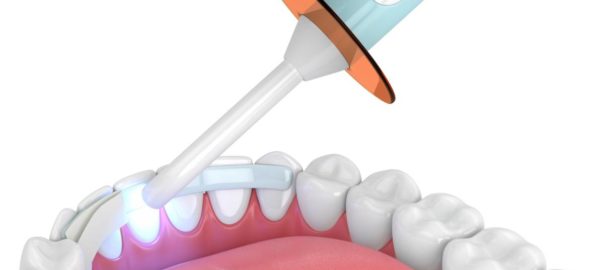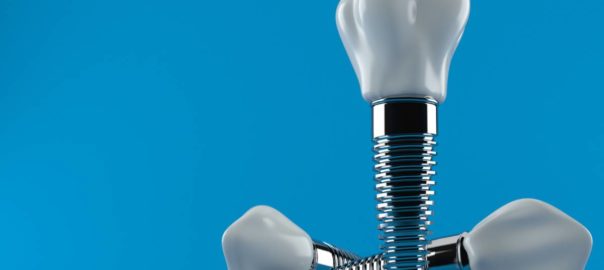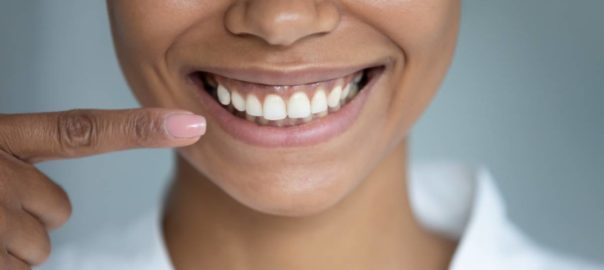Cosmetic and restorative dentistry offers endless opportunities to improve the health and look of your teeth. If you are dealing with a crack, chip, breakage, or even a cavity, you should reach out to Samaritan Dental in DTLA for a filling or bonding procedure. But what exactly are the differences between dental fillings vs. dental bonding?
Dental Fillings vs Dental Bonding
One procedure is effective against breaks, while the other can help you if you have developed a cavity. Keep reading to find the important details on both of these procedures and find the differences so you know how to best take care of your dental health.
What are Dental Fillings?
Dental fillings are used to fill holes that are caused in your teeth from cavities. Sugar and bacteria can cause decay in the mouth, damaging the teeth over time. The longer you wait to visit the dentist for a cavity, the more the infection can spread. If the signs of decay are small enough, your dentist can carve out the infected part of the tooth and fill it with a composite resin that resembles the look of your natural tooth.
How Dental Fillings Work
Your dentist must first prepare your tooth by giving it a full examination. He ensures the healthy parts of your tooth are strong enough to support a filling procedure. Once the tooth is ready and the material is picked out, your dentist will drill a small hole in the affected area to get rid of the decay. This new hole will be filled with the material. This material prevents further decay from spreading.
What is Dental Bonding?
There are quite a few differences between dental fillings and dental bonding. In fact, they are treatments used for two completely different reasons. Fillings are used to stem the tide of cavities and decay. But dental bonding can be applied when you have a chipped or cracked tooth. While the composite material used to fill in these cracks and breaks can be the same as the filling used for a cavity, they are still different procedures.
How Dental Bonding Works
During the dental bonding process, your dentist will use a small amount of the composite material to fill in the spots of your tooth broken by chips or cracks. Then, a non-contact laser light will be held up to the composite material to dry it in place. You’ll be able to enjoy new cosmetic fixes that restore your teeth back to new while preventing further damage from breaks and cracks.
Fillings and Bondings – What to Expect
Dental fillings and dental bonding use the same materials, but they are applied to your teeth in different ways. Dental bonding is usually seen as a cosmetic dentistry treatment. Also, dental fillings are used to prevent the spread of decay. Both procedures have health and aesthetic benefits that you can take advantage of when you schedule an appointment with your local dental experts.
Your teeth may feel a little sensitive after the procedure, although you should not feel any pain. Make sure to eat soft foods that are not hot or cold as your teeth adjust to these new changes.
Find the Best Dental Treatment for Your Teeth ASAP
At Samaritan Dental Arts, we offer a wide range of services and treatments to help you bring out your very best smile. From dental fillings to cosmetic dental bonding, you can invest in professional dental treatments for the betterment of your health. Get in touch with our experts today. You can schedule a one-on-one consultation so you can address your oral health needs as quickly as possible. Call us today!

















 Yelp
Yelp I have never had a better dental experience prior to my visit with Dr. Zabolian. It was pain free for the first time ever, the staff was friendly, accommodating to my schedule, there were no problems with my insurance claims... I am so happy I have found a dentist (after all these years) I feel so comfortable going to and also taking my family.
I have never had a better dental experience prior to my visit with Dr. Zabolian. It was pain free for the first time ever, the staff was friendly, accommodating to my schedule, there were no problems with my insurance claims... I am so happy I have found a dentist (after all these years) I feel so comfortable going to and also taking my family. 






